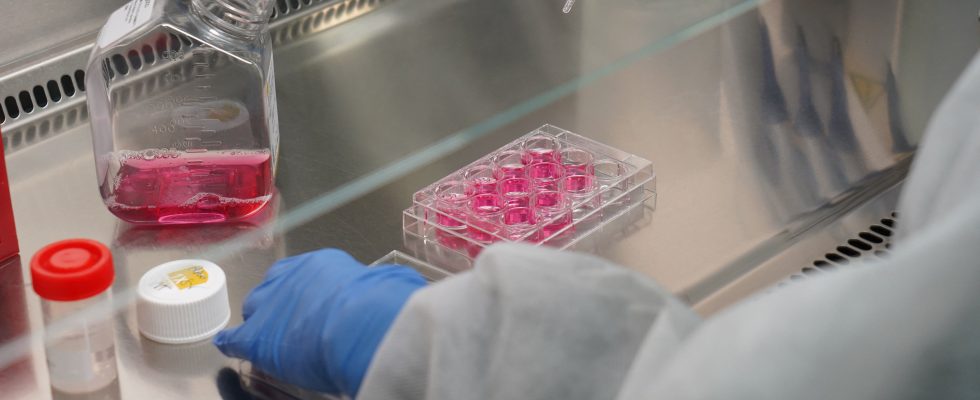It’s an old dream: to stop time, to stay young longer. And soon, a concrete possibility? At the end of the year, L’Express devoted a feature to discoveries about aging, and the crazy hopes they arouse. They are multiplying now. Latest? This Monday, February 19, a team from Inserm, the National Institute of Health and Medical Research, has just announced the discovery of a new avenue to combat age-related decline.
If this is only laboratory progress for the moment, scientists are enthusiastic: these results, which the scientific institution hastened to patent, confirm once again that it is possible to act directly on cells, to slow down or counter the effects of time on our body. And diversify the available solutions a little more to try to develop new drugs.
Inserm’s work, carried out by researcher Mario Pende and his team, around fifteen people in total, highlights an accumulation of several molecules in aging cells, “senescent”, in scientific language. Among them, lactate, alpha ketoglutarate, glycerol-3-phosphate (G3P) and phosphoethanolamine (PEtn).
Anti-aging drugs coming soon?
These usually useful elements called “metabolites” then become waste for the body. Their presence is cumbersome and characteristic of senescence, the researchers showed. They could therefore count them to carry out “aging tests”, they say in their study, published in the scientific journal Nature Metabolism, particularly renowned.
In addition to making it a form of “biological clock” – these have multiplied recently, but all remain experimental – scientists also hope that this avenue will lead to drugs against “bad aging” and pathologies. that result from it (Alzheimer’s, osteoarthritis, cancers, etc.). These results represent “a promising strategy”, declared Mario Pende in a press release.
The Inserm study shows above all that it is possible to act on this waste, to limit their number and thus to relieve the body, in addition to monitoring it. “We were able to clearly observe a reduction in inflammatory markers associated with the senescence process,” detailed Mario Pende. The progress in this area is such that other teams, particularly in the United States, are now tackling clinical trials, the last step before marketing.
Tomorrow, all centenarians in good health? “There is now a consensus on the fact that the biological mechanisms involved in aging are the main risk factor for age-related diseases, and that these mechanisms are accessible to interventions”, summarized a few weeks ago in our columns Professor Yves Rolland, doctor and researcher at the brand new HealthAge university hospital institute in Toulouse. From dream to reality.
